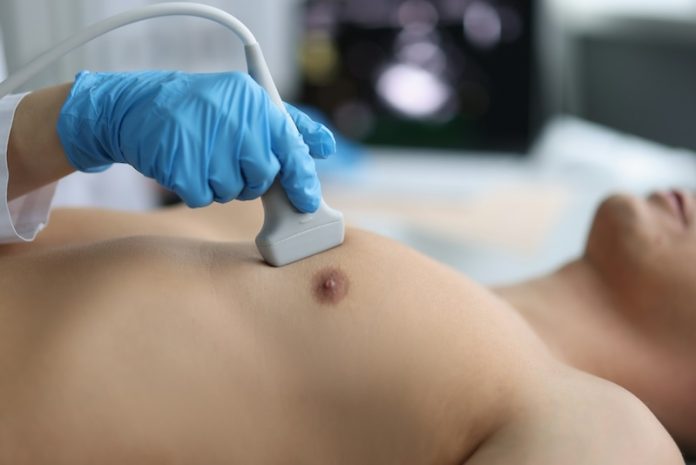
A recent study has found that a medication commonly used to treat high blood pressure could increase the risk of sudden cardiac arrest (SCA). This discovery has led experts to advise caution when using the drug, particularly at higher doses.
Sudden cardiac arrest is a serious medical emergency where the heart unexpectedly stops beating. This causes the flow of blood to halt, leading to a loss of consciousness and abnormal or absent breathing.
Without immediate treatment, SCA is often fatal. It is responsible for about half of all cardiac deaths in Europe and one in five natural deaths overall.
The study, carried out by researchers from the European Sudden Cardiac Arrest Network, focused on two widely prescribed drugs: nifedipine and amlodipine.
Both medications are used to manage high blood pressure and chest pain. The researchers analyzed data from 2,503 SCA patients and compared it to 10,543 healthy individuals in the Netherlands.
The results showed a troubling link. People taking high doses of nifedipine (60 mg per day) were more likely to experience sudden cardiac arrest compared to those not taking the drug.
In contrast, no such risk was found for amlodipine. To strengthen their findings, the team analyzed additional data from over 8,000 patients and 40,000 healthy controls in Denmark, arriving at similar conclusions.
This finding is surprising because both nifedipine and amlodipine have been used for many years without major concerns. Past research struggled to uncover this connection, partly because SCA happens so quickly, making it difficult to study.
The researchers emphasized the need for further investigation before changing treatment practices. However, they urged doctors to be cautious when prescribing high-dose nifedipine, especially for patients with heart conditions.
Patients, too, should monitor their symptoms and promptly report issues like chest pain, shortness of breath, or nausea, which could signal a serious problem.
High blood pressure is a widespread condition, and nifedipine is an effective medication for managing it.
However, the study highlights the importance of weighing the benefits and risks of any treatment. Doctors may consider lower doses of nifedipine or alternative drugs to reduce the potential risk of SCA.
The findings also underscore the importance of continuing research into SCA causes and treatments. Other medications used for blood pressure and chest pain may need similar scrutiny to ensure they are safe for patients.
Preventing SCA requires a combination of healthy habits and medical care. Maintaining a balanced diet, exercising regularly, and avoiding smoking and excessive alcohol can lower the risk. Regular check-ups are crucial for detecting heart issues early.
For some high-risk individuals, a small device called an implantable cardioverter defibrillator (ICD) may be recommended. This device monitors the heart’s rhythm and delivers a corrective shock if needed.
Learning cardiopulmonary resuscitation (CPR) is also important. CPR can help save lives during an emergency by keeping blood circulating until professional medical help arrives.
This study serves as a reminder that even trusted medications need to be used thoughtfully. While drugs like nifedipine are helpful for managing high blood pressure, patients and doctors must remain vigilant about potential risks.
Ongoing research and open communication between patients and healthcare providers are key to ensuring safe and effective treatment.
If you care about blood pressure, please read studies that black licorice could cause dangerous high blood pressure, and this common plant nutrient could help reduce high blood pressure.
For more information about blood pressure, please see recent studies about how coffee influence your risk of high blood pressure, and results showing this olive oil could reduce blood pressure in healthy people.
Copyright © 2024 Knowridge Science Report. All rights reserved.



